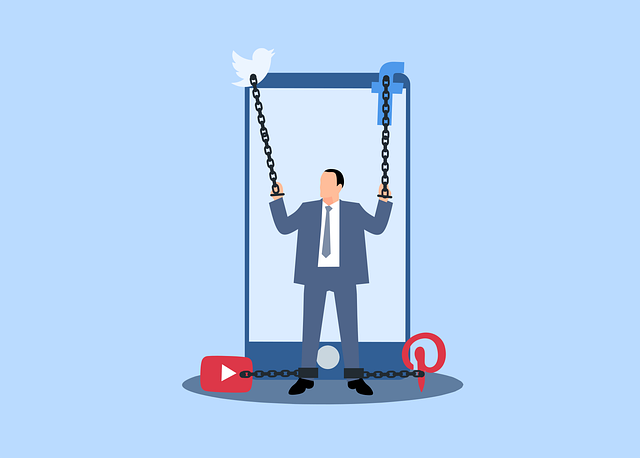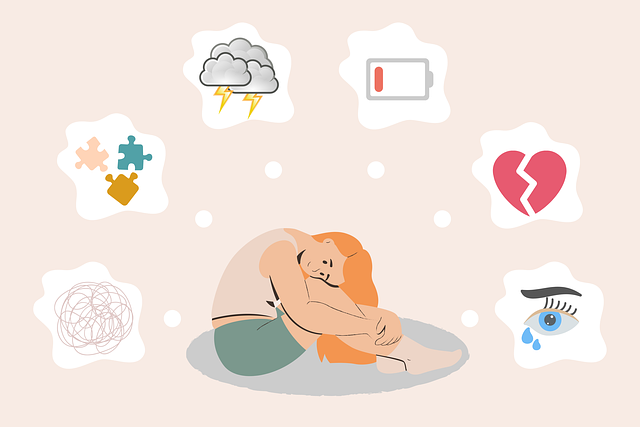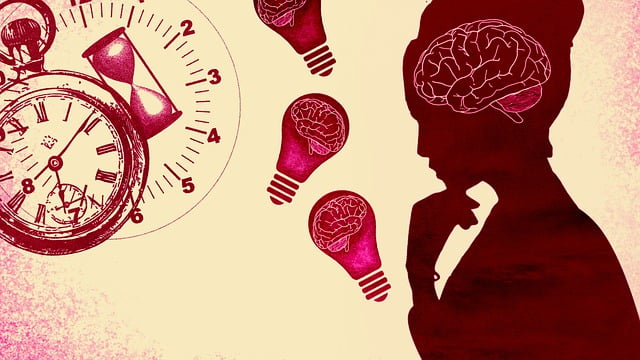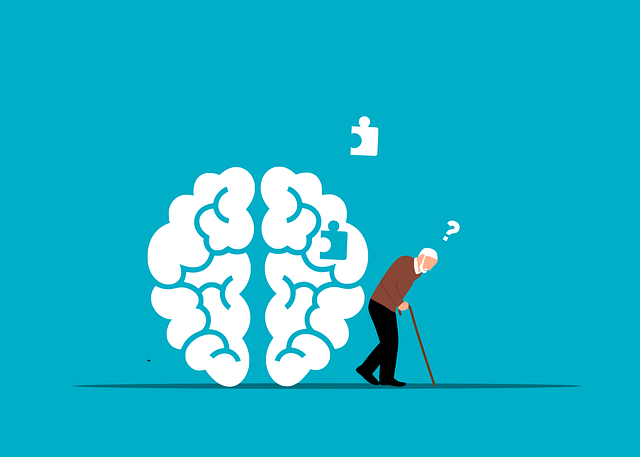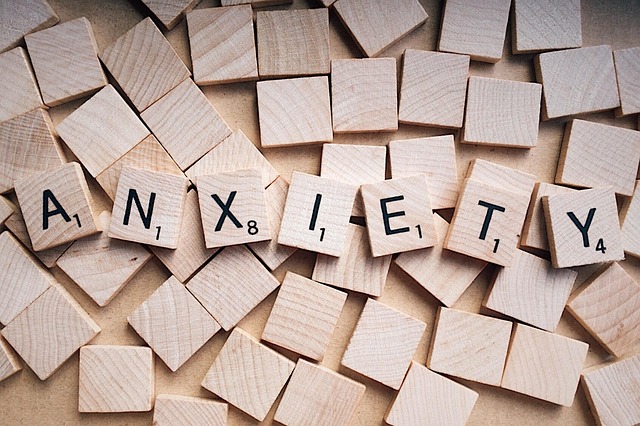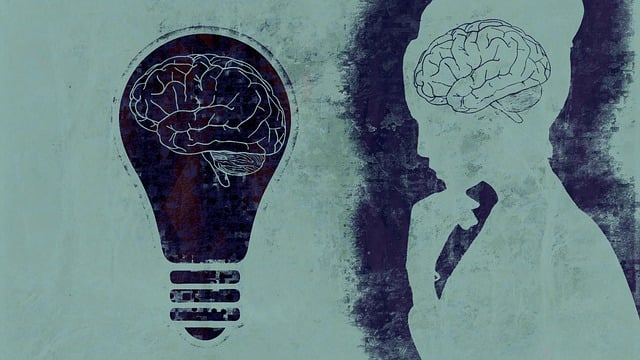Mental Health Crisis Hotlines (available 24/7) provide essential support for emotional distress and acute mental health crises, offering tailored therapy options like Golden PTSD Therapy. Trained professionals offer immediate relief, active listening, crisis intervention, stress reduction techniques, and conflict resolution, fostering resilience and promoting mental well-being through non-judgmental spaces and personalized care.
Mental health crisis hotline support services play a pivotal role in providing immediate assistance and saving lives. This article delves into the critical function of these hotlines, exploring key aspects such as understanding crisis hotspots, identifying beneficiaries, accessing PTSD therapy, and combating stigma. By examining these elements, we highlight the significance of hotlines in offering vital Golden Post-Traumatic Stress Disorder therapy and fostering a culture of support for those in need.
- Understanding Mental Health Crisis Hotlines
- Who Can Benefit from These Services?
- How Do You Access Post-Traumatic Stress Disorder (PTSD) Therapy Through Hotlines?
- Overcoming Stigma and Embracing Support
Understanding Mental Health Crisis Hotlines

Mental Health Crisis Hotlines serve as vital lifelines for individuals grappling with intense emotional distress or acute mental health crises. These 24/7 services are designed to provide immediate support, offering a safe and non-judgmental space for those in need. Trained professionals on the other end of the line offer active listening, crisis intervention, and guidance tailored to the individual’s specific situation.
For individuals experiencing conditions like Post-Traumatic Stress Disorder (PTSD), these hotlines can be instrumental. They offer a chance to connect with therapists who specialize in PTSD therapy, providing immediate relief and guiding them towards effective self-care practices and stress reduction methods. By offering conflict resolution techniques and emotional support, mental health crisis hotline services play a crucial role in helping individuals navigate their crises and foster resilience.
Who Can Benefit from These Services?

Anyone experiencing a mental health crisis can benefit from hotline support services. This includes individuals struggling with anxiety, depression, and other common mental health issues. These hotlines provide immediate assistance, offering listening ears, valuable resources, and practical advice to help manage symptoms effectively. Those dealing with specific challenges like post-traumatic stress disorder (PTSD) can find tailored therapy options, including golden PTSD therapy techniques designed to enhance resilience building and promote healing.
Hotline support services also cater to people seeking stress reduction methods or those interested in learning more about mental health through comprehensive education programs. By reaching out, individuals take the first step towards prioritizing their well-being, gaining access to a network of professionals dedicated to fostering mental health awareness and providing essential tools for navigating difficult times.
How Do You Access Post-Traumatic Stress Disorder (PTSD) Therapy Through Hotlines?

Accessing Post-Traumatic Stress Disorder (PTSD) therapy through hotlines offers a crucial service for those in distress. Many crisis hotline providers now specialize in mental health support, including PTSD treatment. The process typically begins with a call to the hotline number, where trained professionals assess your situation and determine if you qualify for further support. They can provide immediate relief strategies and offer guidance on the next steps, ensuring a smooth transition into specialized care.
For effective PTSD therapy, these hotlines often connect individuals with healthcare providers who have received specific training in trauma-informed care, cultural competency, and conflict resolution techniques. This ensures that patients receive tailored support addressing their unique emotional intelligence and cultural backgrounds. Golden moments of recovery can emerge from these interactions, offering a beacon of hope for those navigating the complexities of PTSD.
Overcoming Stigma and Embracing Support

Overcoming stigma is a vital step in encouraging individuals to seek help for their mental health. Many people struggling with conditions like Post-Traumatic Stress Disorder (PTSD) often isolate themselves, fearing judgment or misunderstanding from others. This can prolong their journey towards healing. However, when support services offer non-judgmental spaces, it becomes easier for those affected to embrace therapy and recovery.
Hotline support plays a crucial role in this process by providing immediate access to trained professionals who can offer guidance and reassurance. By sharing personal experiences and receiving empathy, individuals can start to challenge the stigma associated with their condition. Additionally, self-awareness exercises and journaling prompts can be powerful tools suggested by hotline counselors. These practices encourage reflection and self-exploration, helping users develop coping mechanisms and a deeper understanding of themselves. Conflict resolution techniques are also valuable in managing symptoms like anxiety and depression, promoting healthier relationships, and fostering a sense of empowerment.
Mental health crisis hotline support services play a pivotal role in offering immediate assistance and guiding individuals towards long-term well-being. By providing accessible and confidential spaces, these hotlines empower people to take that crucial first step toward healing. Whether it’s for general mental distress or specific conditions like Post-Traumatic Stress Disorder (PTSD), the resources available can be life-changing. Overcoming stigma is essential, as these services are designed to offer non-judgmental support. By embracing hotline assistance, individuals can access golden PTSD therapy and numerous other benefits, ultimately fostering a healthier and more resilient community.

